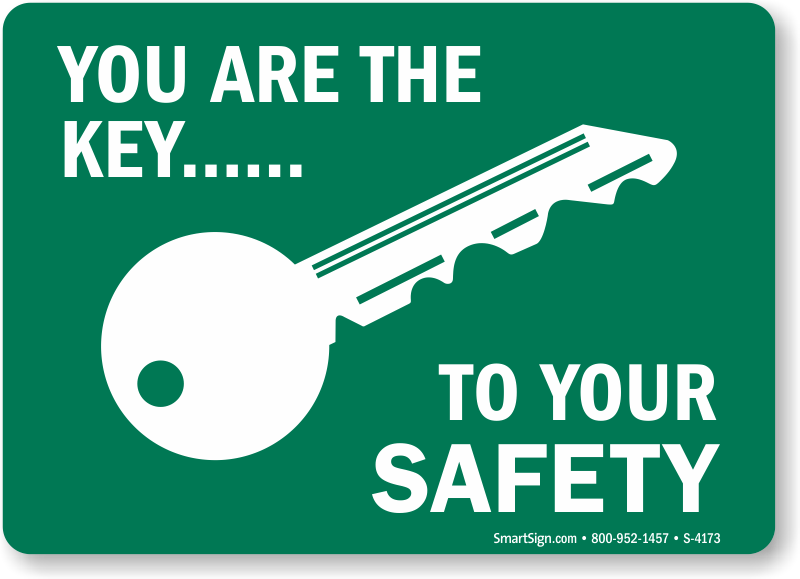
Here are some pointers taken from Eset to help you stay safe online.
- Update your operating system
Every device contains an operating system. If you use it for personal information, update it. Manufacturer’s constantly release updates to correct bugs they’ve uncovered. Once they have made a weakness public by releasing a fix, its imperative you close the door to by updating your computer/phone/tablet. - Use antivirus
Windows 10 has a feature called Defender. Its turned on automatically if there is no other antivirus installed. I recommend security software, especially if you use your computer for work or personal banking. Install antivirus software if you don’t already have it. - Back up your data
USB drives are great but they are easily lost and they break. Cloud services like OneDrive and DropBox are free for small amounts of data. For entire computers you will need an application that can automatically backup new and changed data. Windows Backup can be used to create and store backups on external drives or network locations. You can purchase a backup appliance. They store backups locally and upload it to a vault in the cloud with the purchase of a license. You can also subscribe to a service which allows you to schedule backups locally and to a cloud vault. - Watch where you click
Its best not to click on links on emails or documents. They don’t always represent what they appear to. - Avoid public wifi or use a vpn
Anything you type on public wifi can be captured by another. Wifi with a padlock symbol is more secure. If you must use public wifi use vpn software. - Use unique passwords
Its important to use unique passwords on so that a compromised password doesn’t open you up. It’s hard to remember numerous passwords. You may want to get a password keeper. - Try not to overshare
Sharing names and birthdays on social media makes it easier for people to guess your passwords or assume your identity - Use 2 factor and multi-factor authentication
With multi factor authentication you will receive a text or email message and perhaps a phone call whe you log in to an online service from a different computer. - Encrypt your sensitive data
Encryption turns your data into meaningless letters, numbers and symbols that can only be unencrypted with your password and the alogrithm used to encrypt it. If your computer/tablet/hard drive are lost the information is secure.
